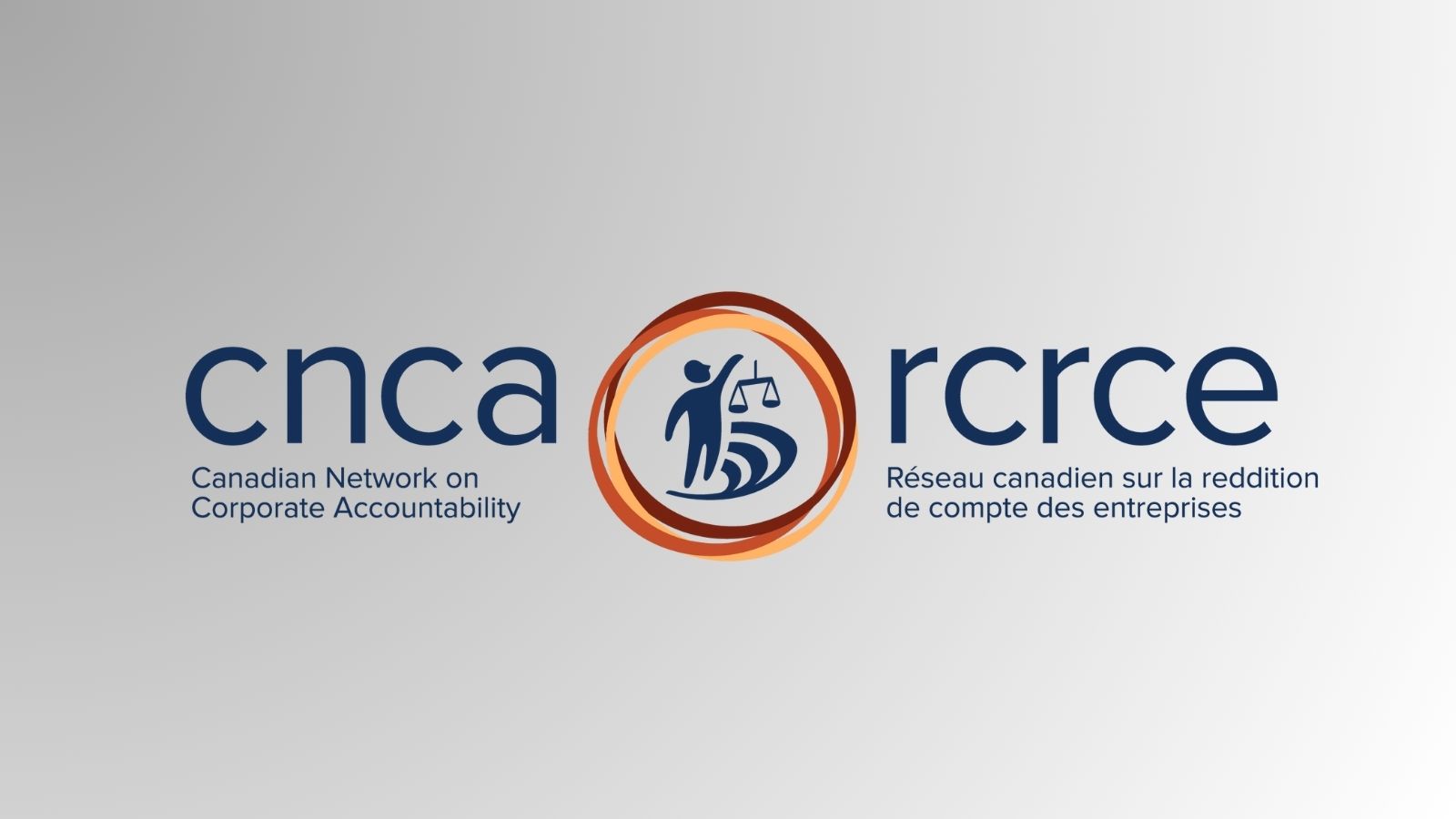This post contains supplemental feedback to the third submission from the Canadian Network on Corporate Accountability (CNCA) in response to requests for input on the various iterations throughout 2020 of the draft Standard Operating Procedures (SOPs) of the Canadian Ombudsperson for Responsible Enterprise (CORE).
In our engagement with the CORE we have been very clear that absent implementation of the mandate and powers to independently investigate human rights abuse allegations promised by the Government of Canada, no changes to the CORE’s SOPs would make the CORE fit for purpose. Our prior submissions have included recommendations to prepare the CORE to serve impacted communities once it is provided the promised powers as well as recommendations to help reduce the risk that the CORE’s processes or procedures will cause or exacerbate harms experienced by impacted communities.
The feedback we share in the attached focuses exclusively on:
- highlighting key concerns about how the CORE as currently structured may cause harm, including in relation to project site visits without due consultation with, and consideration for attendant risks to, impacted communities, and
- providing feedback to the CORE’s draft retaliation framework.
===
Cover Letter
4 December 2020
To the office of the Canadian Ombudsperson for Responsible Enterprise (CORE)
We are writing to express our concern that the Canadian Ombudsperson for Responsible Enterprise (CORE) will soon be opening its doors to complaints and all evidence suggests it will not only fail to serve the needs of communities impacted by Canadian business operations overseas, but may itself cause or exacerbate the harm experienced by vulnerable individuals seeking redress.
In our third submission to the CORE’s Standard Operating Procedures (SOP) consultations we made note of the fact that multiple simultaneous government consultations on business and human rights issues impacted civil society’s ability to adequately contribute. We appreciate that your office was receptive to this feedback. We also expressed concern that the CNCA’s detailed submissions had not received any detailed response prior to requests for additional feedback from our network. While we still have many unanswered questions, we acknowledge the effort to create a short chart explaining how feedback has been incorporated.
In our engagement with the CORE we have been very clear that absent implementation of the mandate and powers to independently investigate human rights abuse allegations promised by the Government of Canada, no changes to the CORE’s SOPs would make the CORE fit for purpose. Our prior submissions have included recommendations to prepare the CORE to serve impacted communities once it is provided the promised powers as well as recommendations to help reduce the risk that the CORE’s processes or procedures will cause or exacerbate harms experienced by impacted communities.
Unfortunately, since the time that we offered to provide additional detailed feedback on the CORE’s SOPs the office of the Minister of Small Business, Expert Promotion and International Trade has informed us that they are breaking the government’s promise and will not be providing the CORE with the power to compel documents and testimony. As a result, we are unable to provide further substantive feedback to the CORE SOPs as we do not have any confidence in the CORE’s ability to serve impacted communities at this time.
- The feedback we share in the attached focuses exclusively on:
- highlighting key concerns about how the CORE as currently structured may cause harm, including in relation to project site visits without due consultation with, and consideration for attendant risks to, impacted communities; and
providing feedback to the CORE’s draft retaliation framework.
===
For more, see the supplemental submission’s
Appendix I on CORE’s need to avoid harms
Appendix II on the CORE’s retaliation framework now
===
Note: This post was originally published as “Supplemental feedback to CORE consultations (Standard Operating Procedures & Retaliation Framework)” on 15 January 2021.





